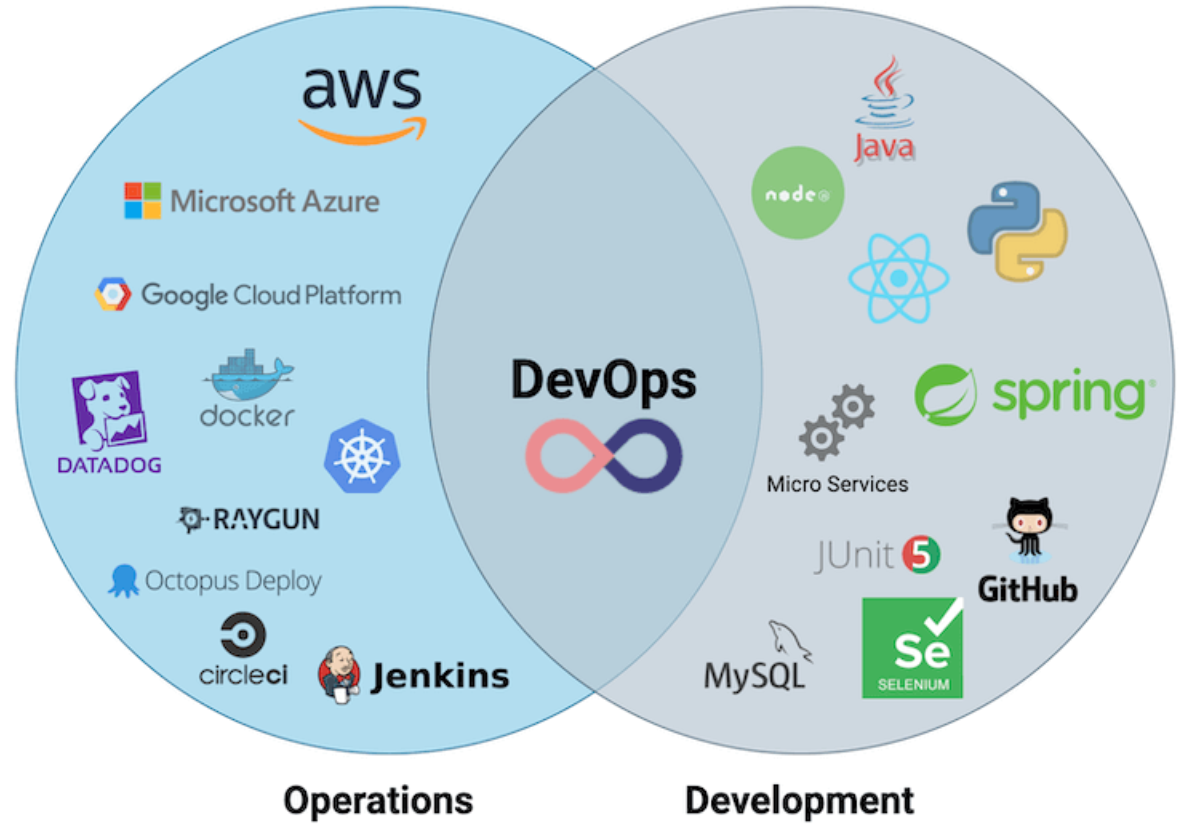In today’s fast-paced digital landscape, businesses strive for agility, efficiency, and innovation. DevOps and platform engineering have emerged as crucial disciplines to achieve these goals. DevOps focuses on streamlining the software delivery process, while platform engineering enables the creation and maintenance of robust and scalable infrastructure. Combining these two practices can yield significant benefits for organizations, facilitating seamless collaboration, accelerated development cycles, and enhanced stability. In this blog post, we will explore how to bridge the gap between DevOps and platform engineering and leverage their synergies effectively.
Understanding DevOps and Platform Engineering
To successfully combine DevOps and platform engineering, it is essential to have a clear understanding of each discipline’s core principles. DevOps emphasizes collaboration, automation, continuous integration and delivery (CI/CD), and the culture of shared responsibility between development and operations teams. On the other hand, platform engineering focuses on building and managing platforms that support application development, deployment, and maintenance, such as cloud infrastructure, containerization, and orchestration tools.
Aligning Objectives and Goals
Effective collaboration between DevOps and platform engineering requires alignment of objectives and goals. Both teams should have a shared vision and a common understanding of the desired outcomes. This alignment can be achieved through regular communication, joint planning sessions, and defining key performance indicators (KPIs) that reflect the combined efforts of both disciplines. By working towards shared goals, teams can eliminate silos and foster a culture of cross-functional collaboration.
Embracing Automation
Automation lies at the heart of both DevOps and platform engineering. By automating repetitive tasks, organizations can minimize human error, reduce cycle times, and improve overall efficiency. DevOps teams can leverage infrastructure-as-code (IaC) tools, such as Terraform or CloudFormation, to provision and manage the underlying infrastructure required for applications. Platform engineering teams can develop automated processes for environment provisioning, application deployment, and scaling. The collaboration between both teams can ensure that the automation frameworks align with the needs of the development and operations lifecycle.
Implementing Continuous Integration and Delivery (CI/CD)
CI/CD practices enable organizations to deliver software more frequently, reliably, and with higher quality. DevOps teams are typically responsible for implementing CI/CD pipelines, integrating code changes, running automated tests, and deploying applications. However, platform engineering plays a crucial role in providing the underlying infrastructure and tools necessary for seamless CI/CD execution. By collaborating closely, both teams can design, develop, and maintain robust CI/CD pipelines that align with the organization’s technology stack and meet the scalability and availability requirements of the platform.
Monitoring and Observability
Monitoring and observability are fundamental for maintaining the health, performance, and security of applications and infrastructure. DevOps teams typically focus on implementing monitoring and logging solutions, while platform engineering teams build and maintain monitoring platforms and dashboards. By combining efforts, teams can establish comprehensive observability practices that cover both the application and infrastructure layers. Collaborative efforts can also lead to the adoption of unified monitoring tools, log aggregation systems, and performance management solutions, enabling a holistic view of the platform’s health and enabling proactive issue resolution.
Cultivating a Culture of Collaboration
Combining DevOps and platform engineering requires fostering a culture of collaboration, trust, and shared responsibility. Organizations should encourage frequent communication and knowledge sharing between teams through regular meetings, cross-functional training, and joint problem-solving sessions. Collaborative tools, such as shared chat channels or project management platforms, can facilitate real-time communication and collaboration. Building a culture where DevOps and platform engineering teams work together as one cohesive unit can result in faster innovation, increased stability, and higher customer satisfaction.
In summary, combining DevOps with platform engineering can provide organizations with a powerful framework for achieving enhanced agility, efficiency, and innovation. By aligning goals, embracing automation, implementing CI/CD practices, prioritizing monitoring and observability, and fostering a culture of collaboration, businesses can bridge the gap between these two disciplines and harness their combined strengths. Organizations that successfully integrate DevOps with platform engineering will be well-equipped to navigate the evolving digital landscape and deliver software and infrastructure solutions that meet the ever-changing needs of their customers.


